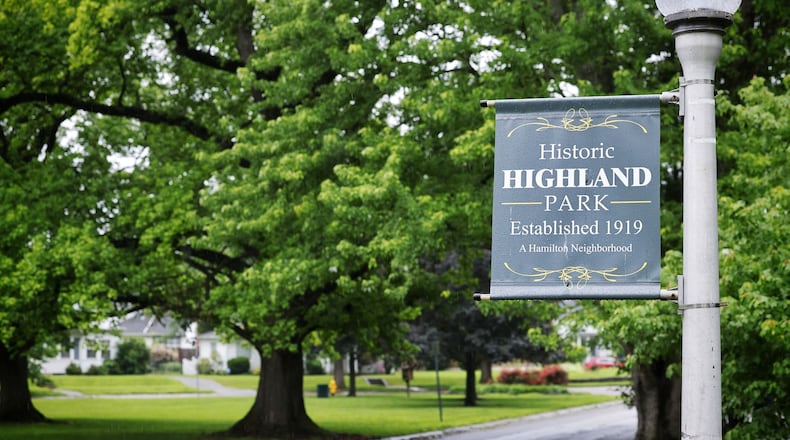“We’re learning as we go,” she said of the “relatively new use.”
The concept of short-term rentals, like Airbnb or Vrbo, have been around for more than a decade, and the city’s licensing program began at the end of 2020. The regulations for this “evolving land use” were updated earlier this year after a process that started more than a year ago that included surveys, community meetings, and public hearings, Hayden said.
Earlier this year, residents of Highland Park and Hickory Woods wanted to ban short-term rentals. Hickory Woods, which has a homeowners association, said there were several in their subdivision that went against HOA rules. Highland Park residents had said, among other reasons, they feared out-of-area property owners would take up housing stock in the historic neighborhood.
City Council in June were split in whether to ban short-term rentals in the two areas of town. The “no” vote also rejected proposed regulations, which Hayden said was an opportunity to re-evaluate the changes and make them better.
“This is the desire to improve the short-term license program citywide is what we have consensus on,” she said. “Everything else was a very divisive conversation. We’ve had a lot of public input and engagement on this. Ultimately, after hearing from all sides, we feel the best way forward is a citywide approach, and not just looking at neighborhood specific (issues).”
The recommendations comes discussing issues and concerns from those in Highland Park and Hickory Woods, and Hayden said they believed “a balanced citywide license update better protects our neighborhoods and residents with problem short-term rentals” while still allowing short-term rentals where permitted.
City Manager Craig Bucheit said he and his staff are “incredibly concerned about the character and quality of our neighborhoods and making sure that we maintain our neighborhoods.” In addition to revising the regulations to ensure their effective and enforceable, there will be a year-long period monitoring for evaluation “before we consider any further legislative action.”
He said there are no systematic problems now, but the concern by residents, especially in Highland Park, is in the future.
“We have the ability to monitor this, to manage this and to react when we see it,” Bucheit said. “What we have seen since 2020, when we started registering (short term rentals), is the market has stabilized, and I believe with the addition of increased hotel capacity...the market is going to continue to drive this decision and it’s going to continue to steer away from expansion.”
Hayden said the initial license regulation borrowed best practices from communities, but those were written to penalize property owners from operating without a license. However, she said, “it’s not so much about operating without a license, it’s whether you’re bothering neighbors or not.”
Some of the proposed changes include limiting the number of beds and bedrooms a short-term rental property can have if it’s under one acre, prohibiting homes as short-term rentals with pools on less than a half-acre of land, establishing quiet hours for properties within 100 feet of another residential dwelling unit, and requiring an emergency contact that lives within the Cincinnati or Dayton metro areas.
Hamilton City Council meets at 6 p.m. Wednesday on the first floor of One Renaissance Center, 345 High St.
About the Author

